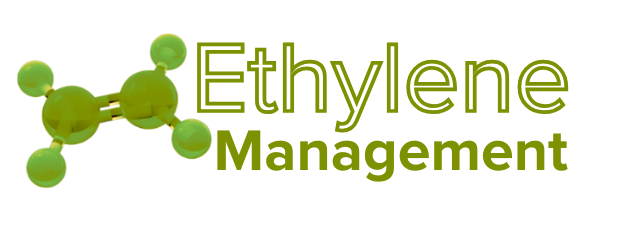Without ethylene management, the snowball effect of ethylene is accelerated, causing ripening, senescence, mold formation and even more issues that follow produce through the supply chain.
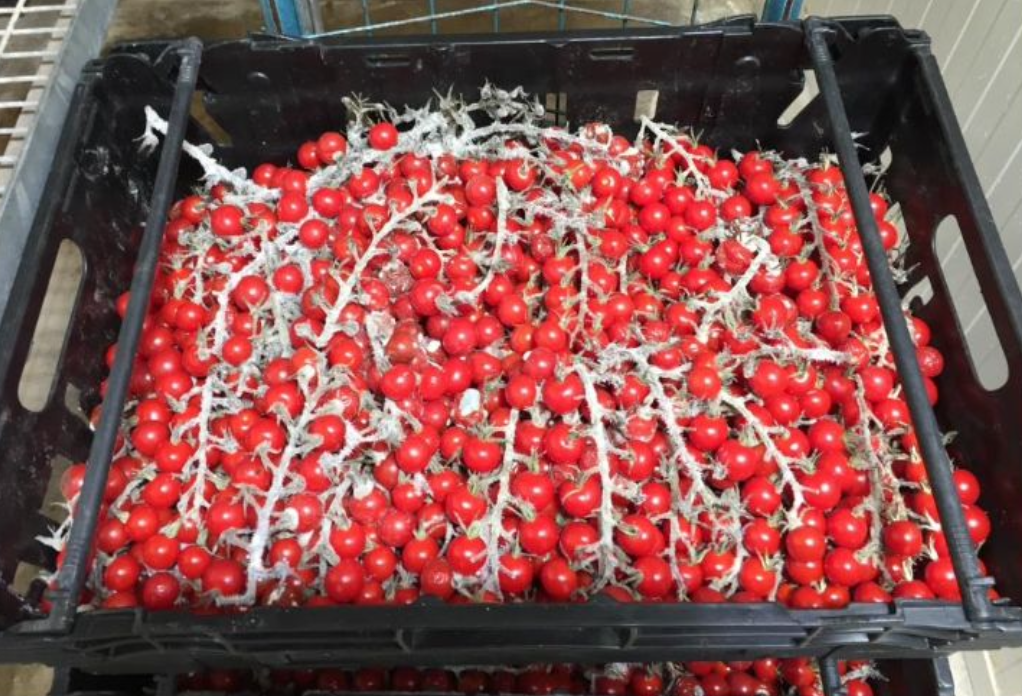
With ethylene management, the snowball effect of ethylene is curbed, delaying ripening, senescence, mold formation, and mitigating further deterioration of produce.
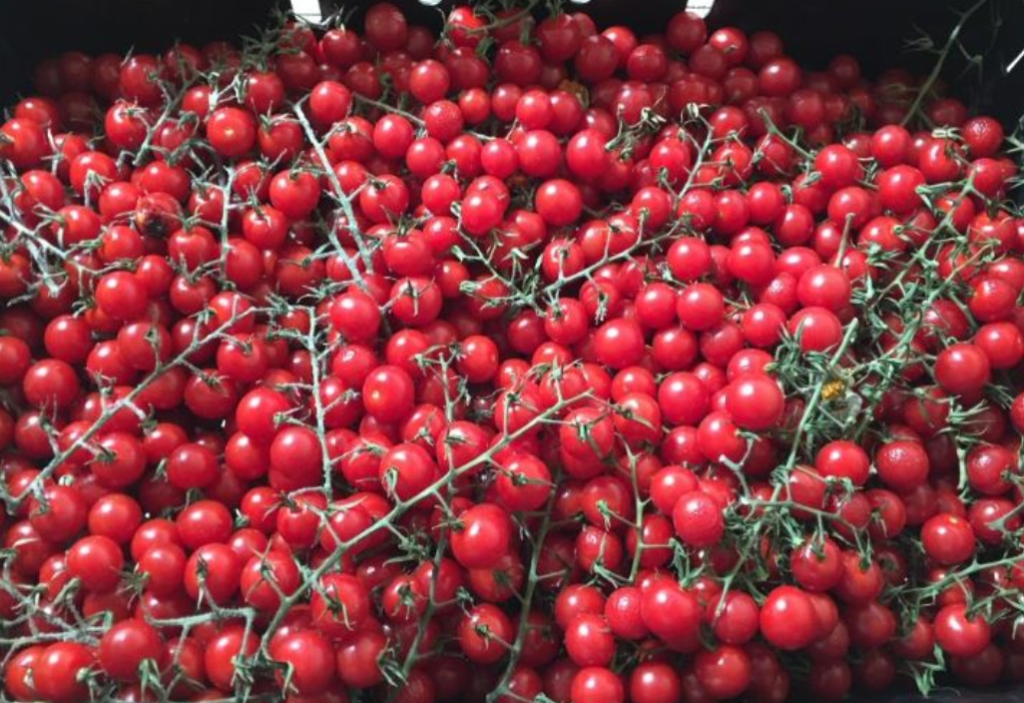
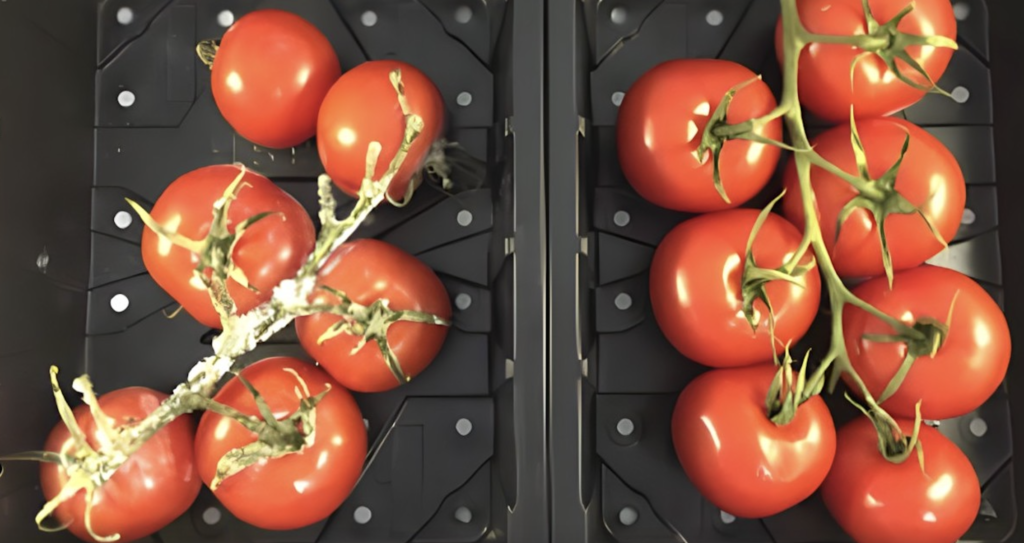
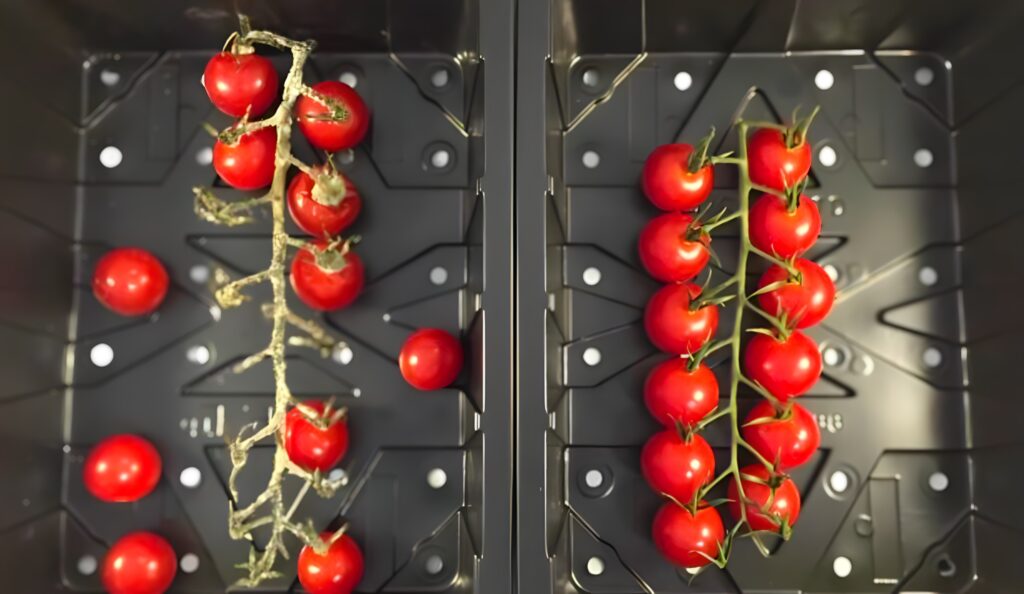
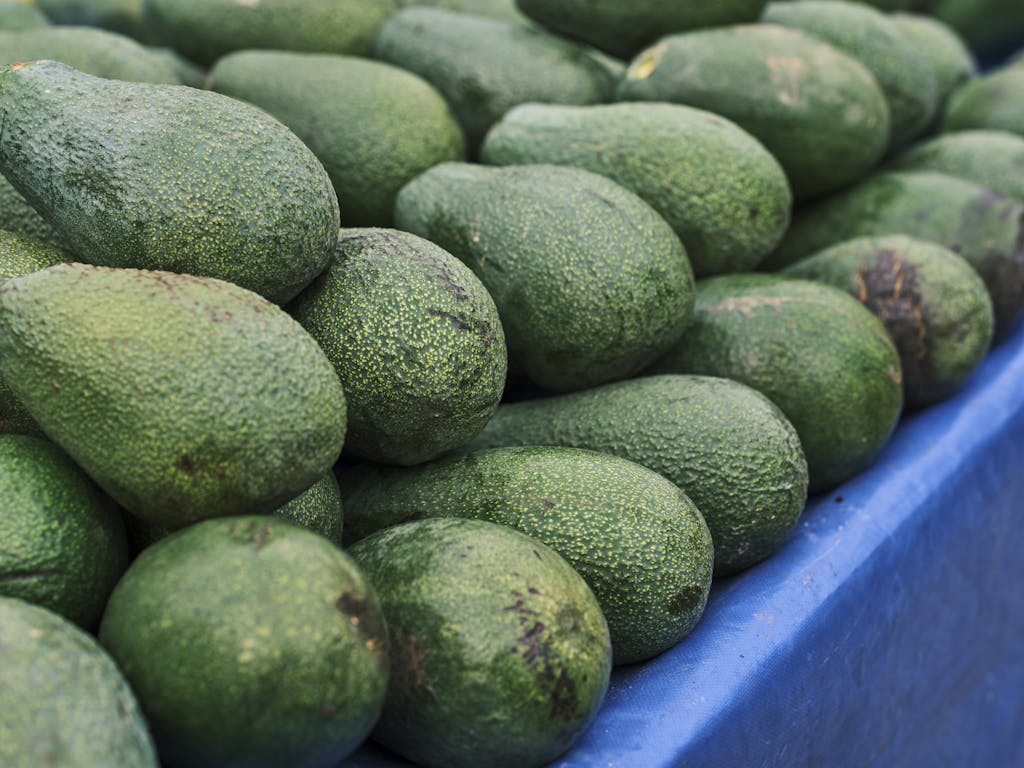
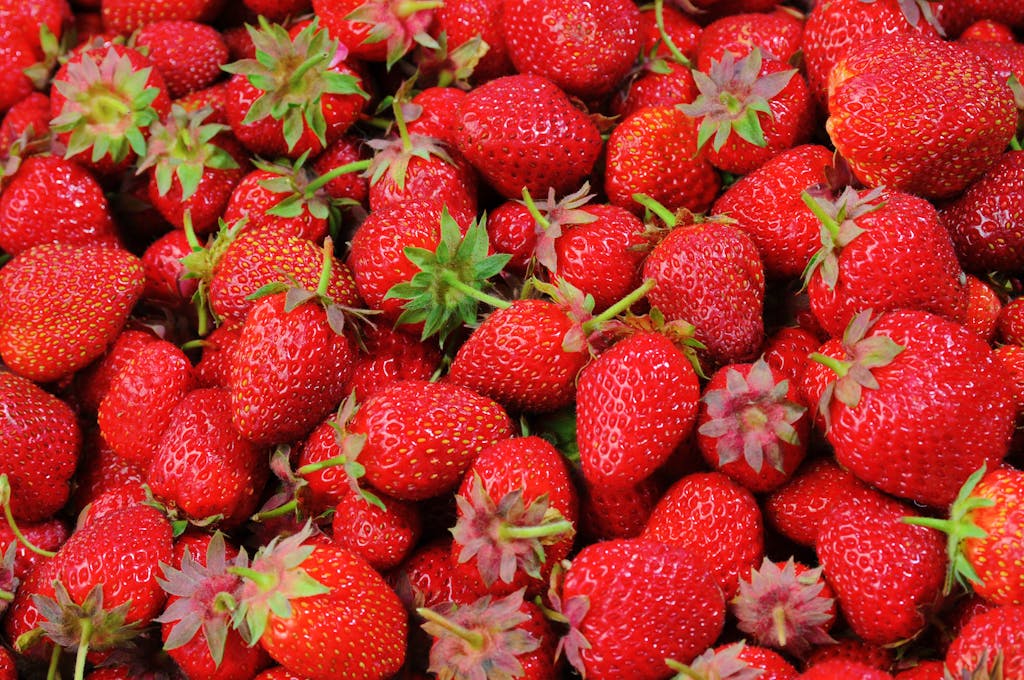
Why are tomatoes so great for post-harvest research?
Tomatoes are frequently selected for post-harvest shelf life research due to their diverse array of common characteristics, many of which are shared with other perishable items. Findings from tomato studies can often be extrapolated to understand the behavior of other fruits and vegetables in storage. Despite similarities, the susceptibility to mold growth remains a significant concern across various produce types, as ethylene serves as a food source for mold proliferation. Therefore, investigating tomato responses to ethylene management provides valuable insights into preserving the quality and extending the shelf life of a wide range of fresh produce items.
